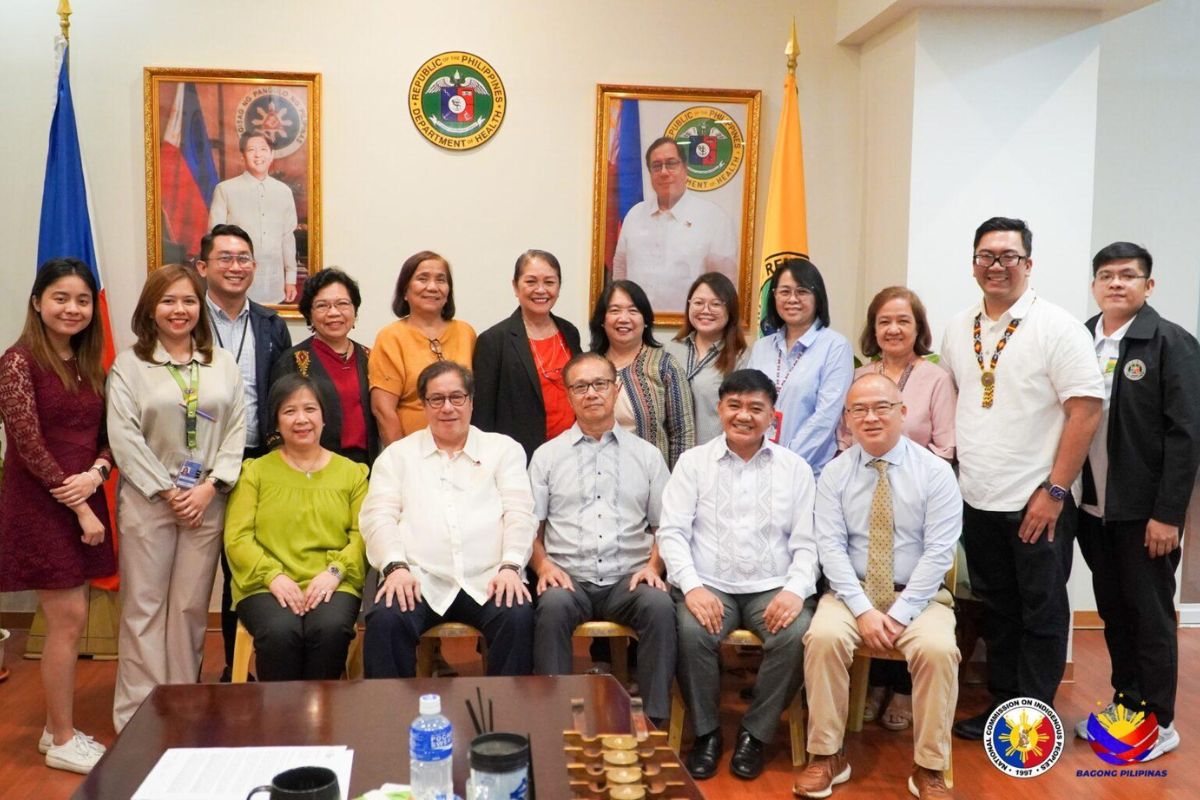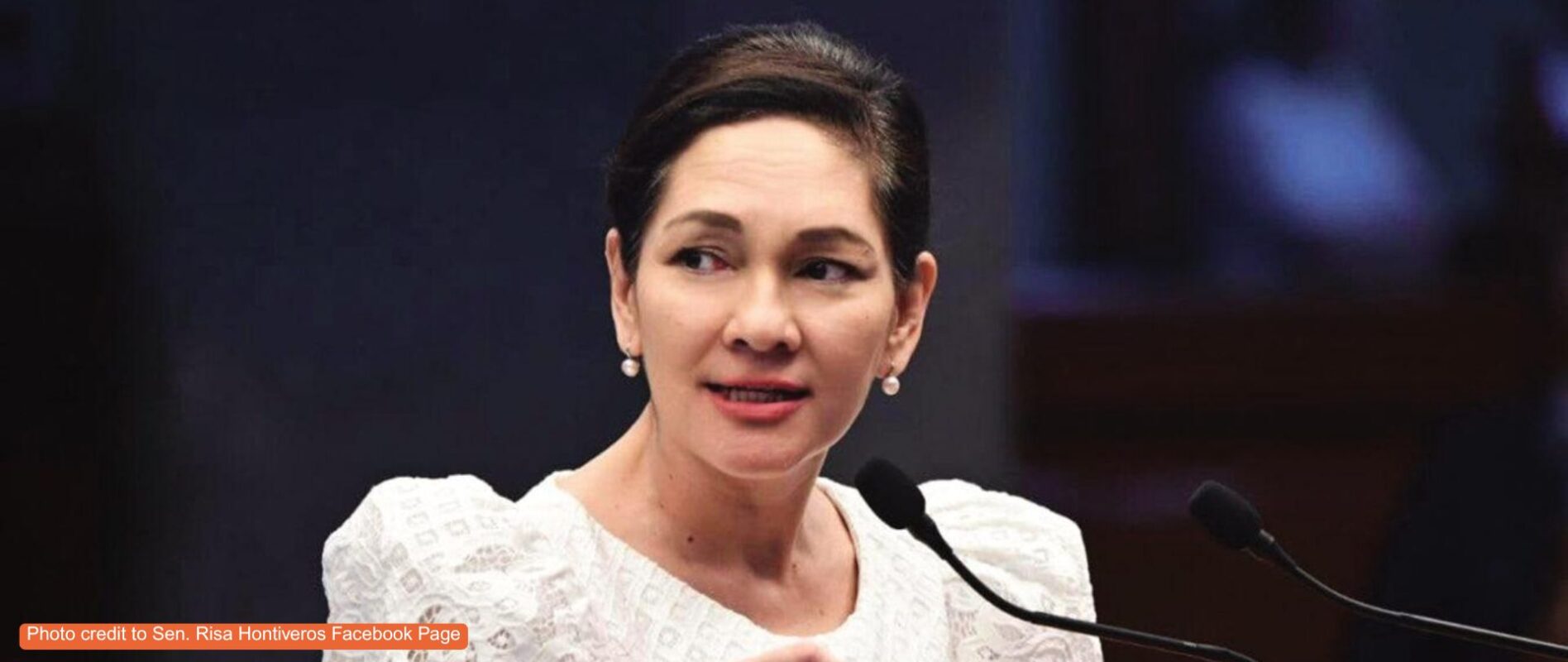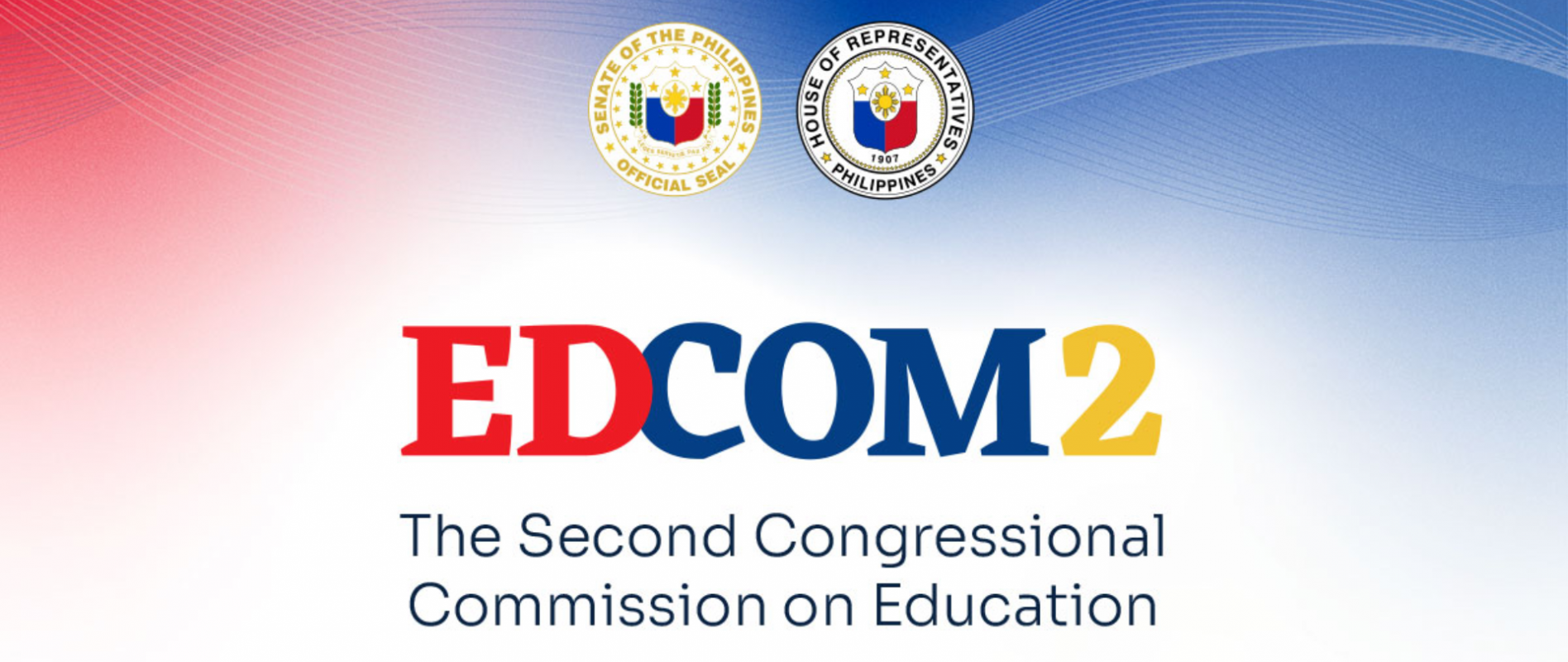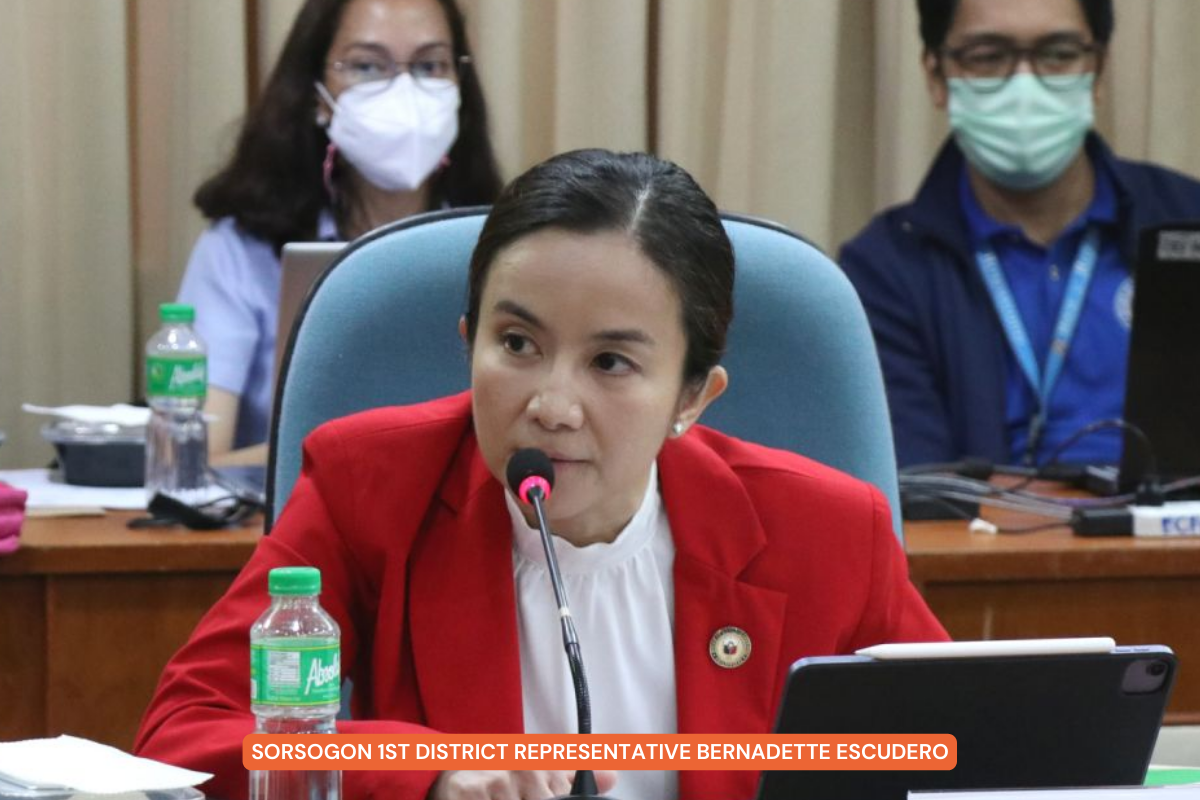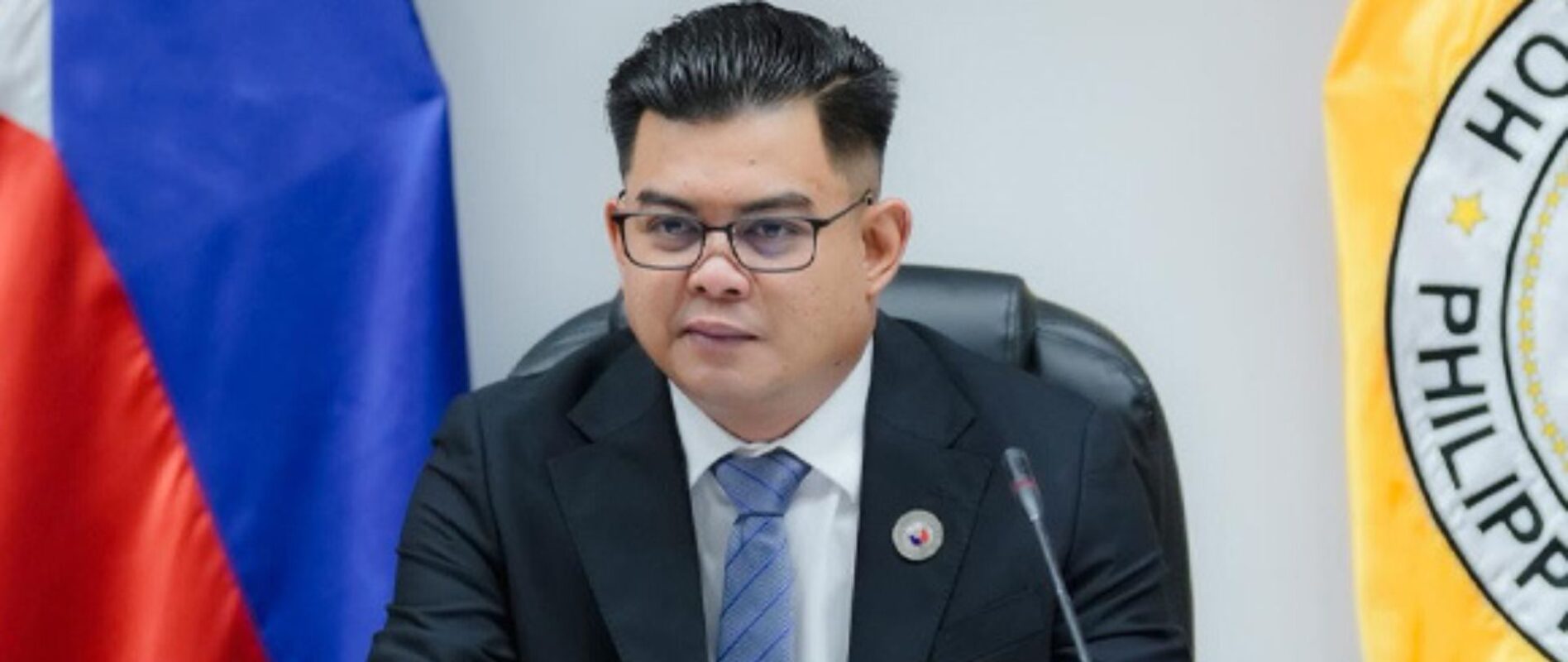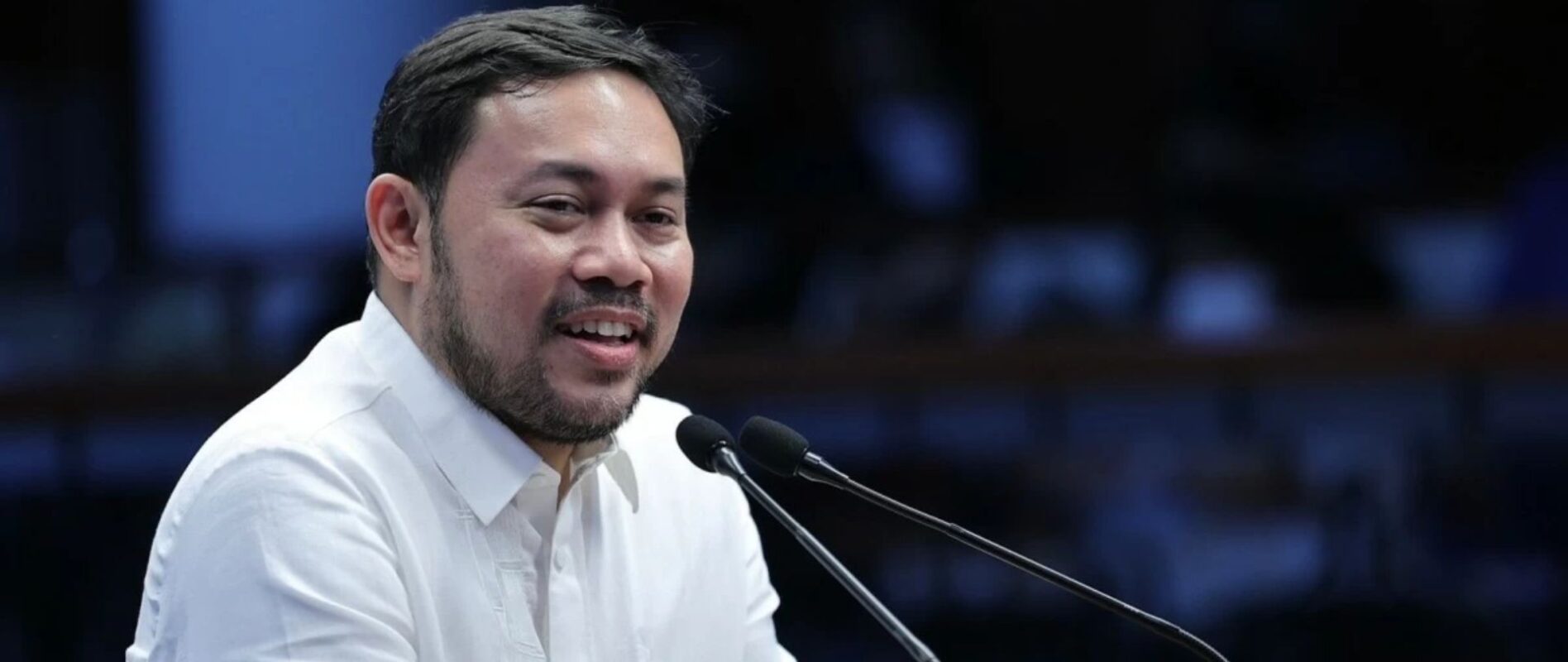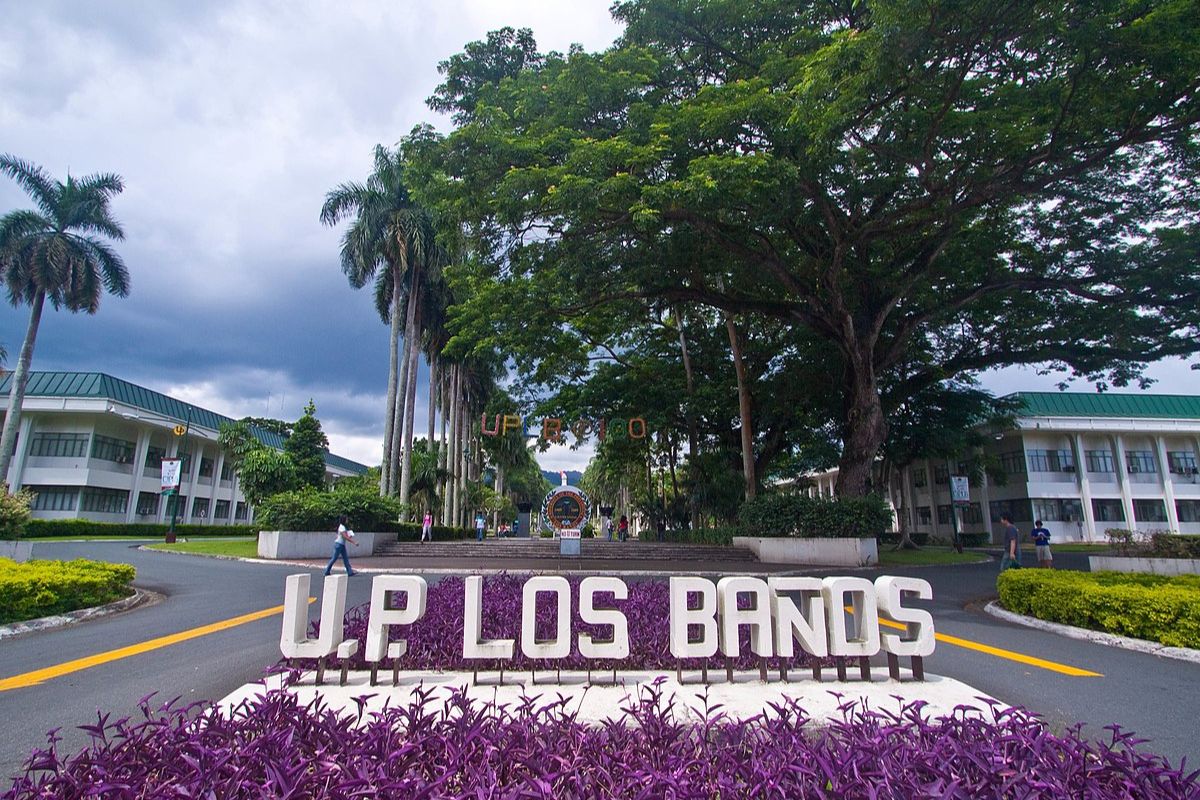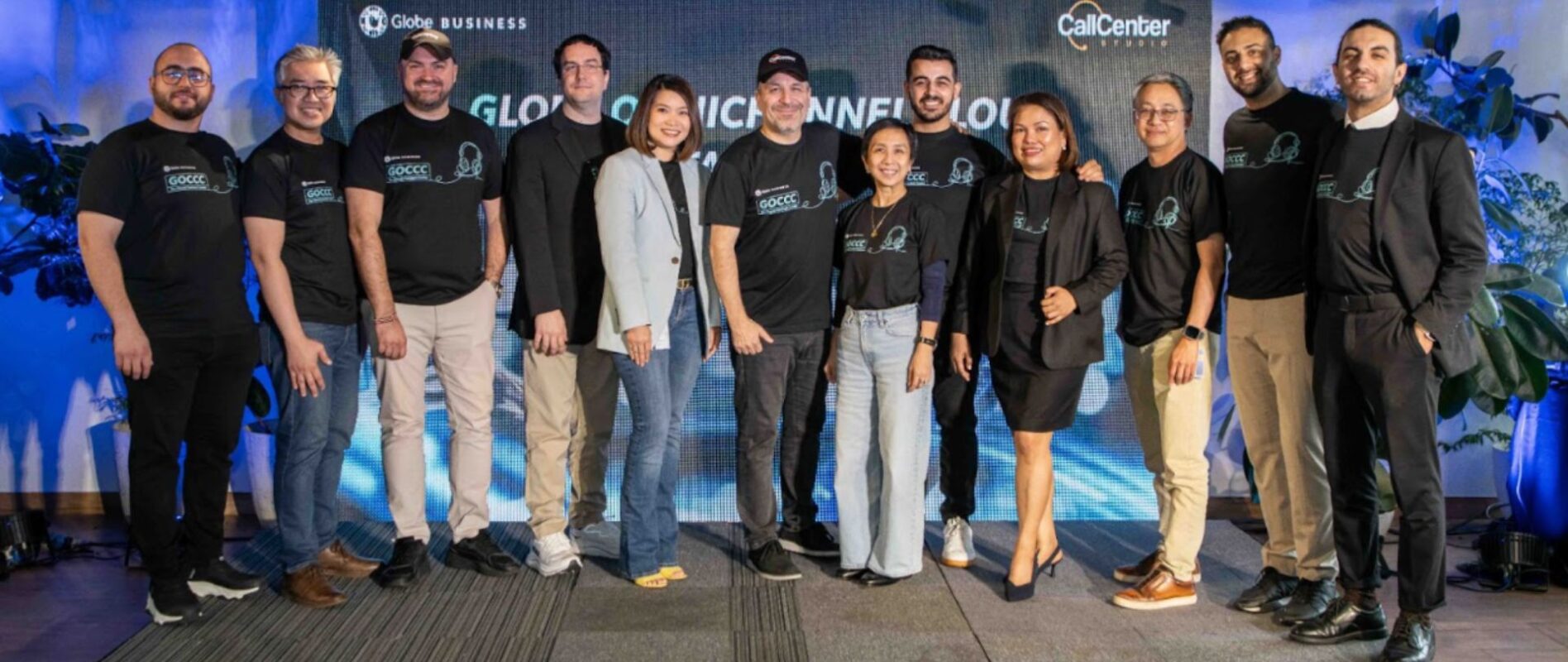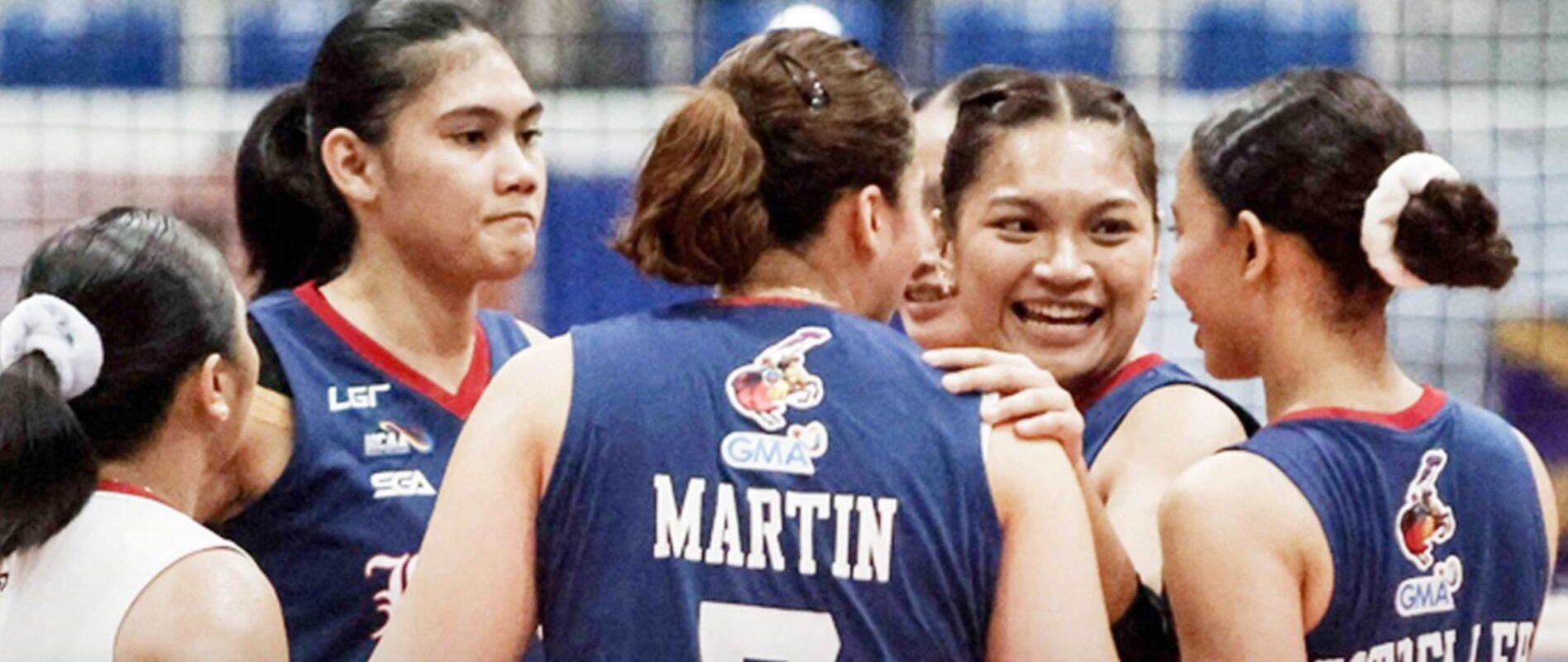NCIP PARTNERS WITH DOH TO ADDRESS HEALTH AND NUTRITION OF IP CHILDREN
THE NATIONAL Commission on Indigenous Peoples and the Department of Health have formed an alliance to improve health access for Indigenous Peoples, especially children, in a bid to address their health and nutrition needs.
NCIP Chairperson Jennifer Pia Sibug-las emphasized the right of every Filipino to healthcare services, noting that the government is addressing this through the Philippine Multisectoral Nutrition Program.
Sibug-las said that through the partnership with the DOH, the agency aims to reach over 800,000 Indigenous children nationwide suffering from malnutrition and stunting.
“Meron tayong target na 860,000 na mga kabataan, mga katutubo kung saan ay nakakaranas ng ganitong suliranin,” she said.
At least 235 local government units and 40 municipalities nationwide have been identified as priority areas.
In addition to the DOH, Sibug-las mentioned that the partnership also involves the Food and Nutrition Research Institute and the Department of Social Welfare and Development.
Sibug-las noted that based on studies by the DOH and FNRI, stunted and malnourished children are prevalent in the Bangsamoro Autonomous Region of Muslim Mindanao, Zamboanga Peninsula, and Caraga Region, particularly among the Badjao, Tagbanua, Batak, and Subanon communities.
However, she acknowledged challenges in bringing and implementing the program in Indigenous communities, especially in geographically isolated and disadvantaged areas, such as remote mountains and far-flung locations.
To address these challenges, Sibug-las stated that the NCIP is working with the Department of Public Works and Highways to improve access to such areas and ensure that essential health and nutrition programs reach even the most isolated communities.

